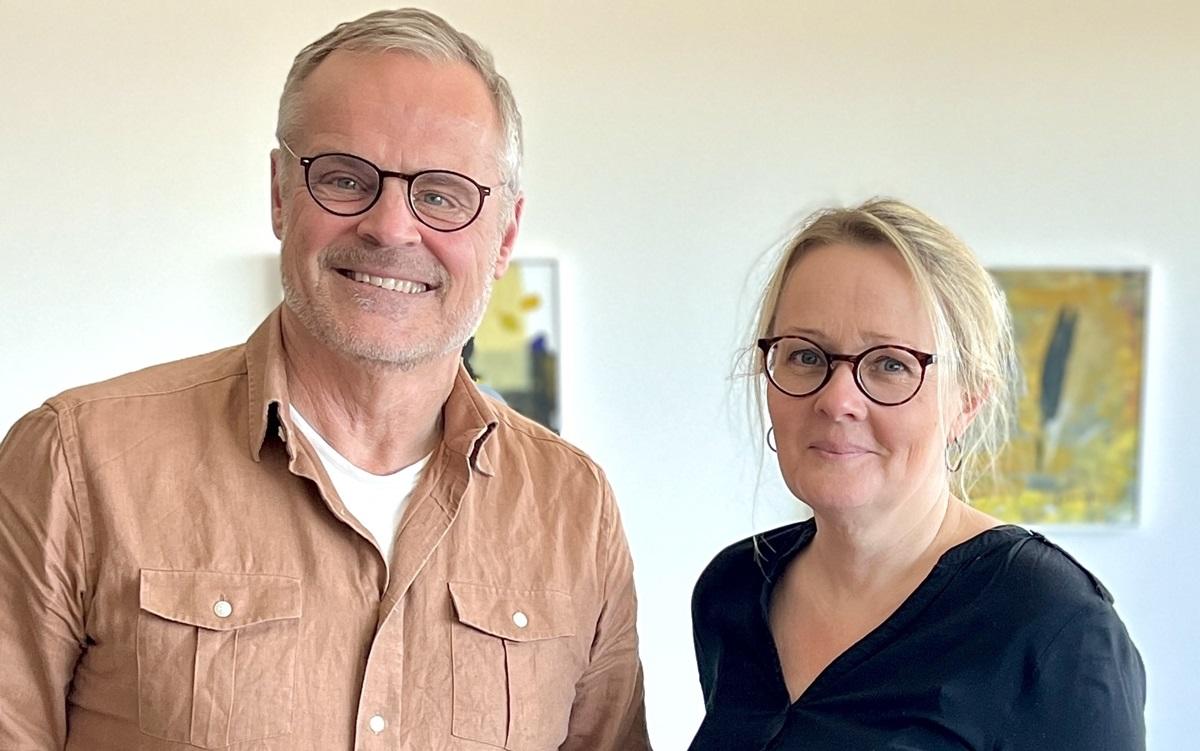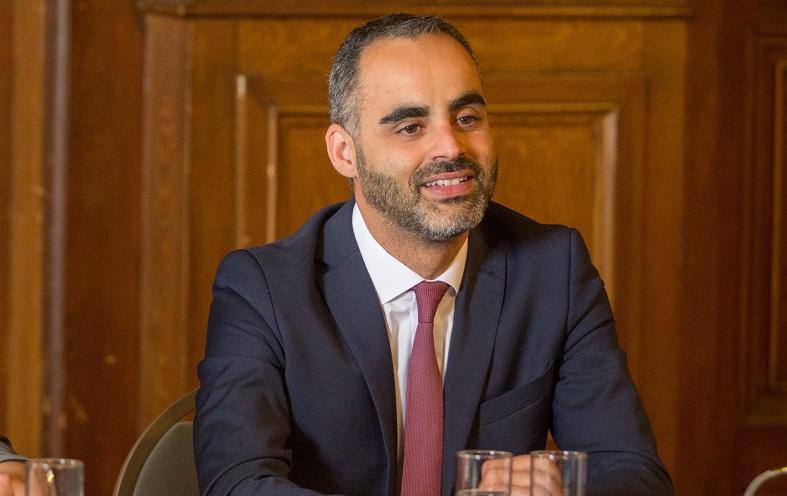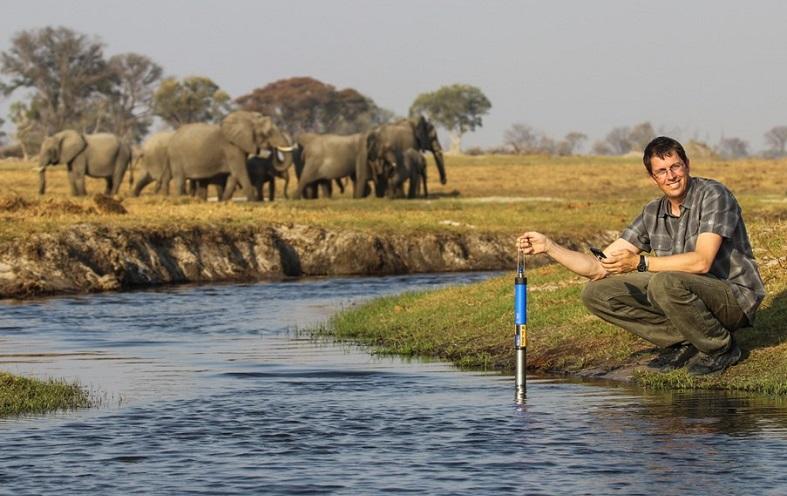
Martin Nydegger, CEO of Switzerland Tourism, in this first interview of a special series with Swiss sustainable tourism leaders and changemakers, highlights the importance of sustainability for the country’s image and tourism offer. The interview is part of a special series with Swiss sustainable tourism leaders and changemakers.
Martin, you have been with Switzerland Tourism for over 10 years now, since January 2018 as CEO. Do you remember what first got you interested in tourism?
Although I am not a fan of military services, I fell in love with Switzerland’s touristic assets during my military service. As army truck drivers, we discovered Switzerland thoroughly and in particular its alpine and rural areas. I was 20 years old at that time.
As CEO of Switzerland Tourism, would you say interest in the sustainability performance of destinations is stronger on the demand side (travellers, buyers) or supply-side (communities, policymakers)? Which market trends do you observe?
Nature, mountains, landscapes and waters have always been the reason number one to travel to Switzerland. For the over 100 years of existence of Swiss tourism marketing, and still, today, as our market research confirms regularly. Tourists in Switzerland are looking for experiences with nature or close to nature. Hence, the main driver for sustainability performance is this interest by our guests. And therefore, nature and the respect for the environment have always been a fundamental part of the touristic offer in Switzerland and, consequently, tourism marketing, too.
See for example the current Summer campaign “Nature wants you back”, this year with the focus on the bicycle.
Generally, we’re observing an increasing interest in nature topics and authentic experiences. For example, our new offer “Wildlife Watching” has found quite some interest and earned positive feedbacks.
Which are the main topics or concerns linked to tourism sustainability currently in Switzerland?
The Swiss tourism industry has long ago accepted the challenge of climate change. E.g. winter tourism in Switzerland and its providers are creatively developing alternatives/supplements to the snow to be prepared to later and/or less snowfall. Also the prolongation of fall activities, such as biking and hiking in December, for example, in case of the lack of snow.
Regarding a broader concept of sustainability, we are focusing on individual tourism from Asian markets. Individual travellers stay longer and want to experience Switzerland beyond the typical hotspots, in a remote side valley or a lesser-known region.
Therefore, we have concentrated our efforts in Asia on individual travel, so to say a new second generation of travellers after the first generation of group travels.
Switzerland’s innovative – often quirky, humorous – destination marketing and promotion campaigns have earned it much admiration internationally. To your mind, how has the country’s image overseas changed over the years?
Overall, Switzerland is and has always been a dream destination especially in Asia. Our Asian guests, but also tourist from the Americas and the Middle East, are overwhelmed by our nature, our mountains, waters and the clean air, even in our main cities. We focus strongly on these assets in our marketing.
Of course, the traditional elements of Switzerland’s image like Heidi, the snow, the Edelweiss and the Alpine Horn, etc. continue to play an important role especially overseas – with a European background one sometimes tends to neglect a bit these important elements for the overseas markets.
Nevertheless, in recent years, we have been opening new areas and offers to new markets. For example, the active and close to nature stay for young urban folks from India. And with quite a success, as the numbers show for 2017: a total of 739.000 hotel overnight stays (+23.4%) from India.
Destination marketing at the national level is sometimes referred to as the pretty face of a country’s public diplomacy. At the same time, it is closely linked to economic development. How does Switzerland Tourism as DMO collaborate with institutions such as the ministries of foreign affairs or economic development? Do you meet, discuss, collaborate on strategies aimed at tourism sustainability?
Switzerland Tourism as the national Swiss tourism marketer is solely responsible for Switzerland’s national touristic promotion. The political lobby organization of the Swiss tourism industry is the Swiss Tourism Federation (STV), and sustainability is one of the STV’s most important issues. The STV stimulates and communicates sustainability in tourism, incorporating all respective players on a national level. Always in mind that Switzerland is one of the world’s most sustainable holiday destinations.
Nevertheless, planning our activities abroad, we always coordinate with other institutions, such as the Federal Department of Foreign Affairs, in order to strengthen our appearance by aligning our communication.
Successful destination marketing used to be mostly about innovative, engaging campaigns and smart pricing. Yet, in times of overtourism, it is more and more about brand stewardship and active networking internally, ensuring close links to the local “host” communities. In your view, are DMOs prepared for this paradigm shift – ready to take on a role of facilitator and brand/destination manager, rather than “just” promoter?
Due to the genuine structure of Swiss tourism marketing, Switzerland Tourism is and has always been closely linked to the regions, destinations and national and local tourism providers. We receive an important part of our funds directly from these touristic partners. Our everyday activities over the world are, to a great deal, assignments from our local partners.
We do not know “overtourism” as a wide-spread phenomenon in Switzerland, except for some few temporal and local “bottlenecks”. Crowd management is our solution already for a certain time, looking for answers together with the destinations, the local authorities and the local population.
How important is a destination’s sustainability performance nowadays for its competitiveness?
As already mentioned, nature is the key motivation for a holiday in Switzerland and belongs therefore to our main assets in tourism promotion. The preservation of this nature and sustainability is setting the tone for all the players in the Swiss tourism industry.
On the other hand, many of our guests are guided by this sustainability image of Switzerland and expect respective offers and services from our industry.
Airbnb and similar sharing economy businesses are putting cities and local communities to the test, often drastically limiting available rental space for locals, among other problems. How can destination management organizations help to solve or alleviate this situation?
We consider Airbnb as a key player in the tourism industry, which satisfies a need of guests worldwide. Access to Airbnb’s broad and international community is very interesting for Swiss tourism. This is why Switzerland Tourism is basically in favour of Airbnb, as long as the same general rules apply to Airbnb – as to all market players – that all players can compete on equal terms, and that all legal and regulatory issues are clarified by consensus.
However, as for the housing situation, in Switzerland regulation is the responsibility of local political authorities and has to be handled on that level – as already happened in some regions (Basel, Zug, Berne, etc.).
What role does destination branding and marketing play as facilitator (or inhibitor…) of more sustainable tourism?
For over 100 years we promote Switzerland as a destination where nature, landscapes, and mountains play a meaningful role as our main assets. Switzerland is known internationally as a brand close to nature. Even the logo of Switzerland Tourism, the “Golden Flower”, as we call it, stands for orientation by nature. Together, the whole Swiss tourism industry stands for sustainable tourism.
Switzerland shows a lot of innovative and ideal examples of sustainable tourism and hence perfect content for our tourism marketing.
For example, the Swiss Youth Hostels, awarded with several prizes for sustainability (The Most Sustainable National Association 2017, among others). And the Swiss Hotel Association as well commits to sustainable development.
Not to forget our extremely dense and reliable network of public transport, for international tourists all accessible with a single ticket.
Destination marketers sometimes avoid engaging with “sustainability” beyond using it for promotion aimed at specific niche markets, since it not something usually part of their KPIs. Reflecting on your own experience (e.g. as Director of Engadin/Scuol Tourism), which advice can you share with destination marketers in terms of how to approach sustainability?
Our leverage on sustainability clearly lies in these tools we have at our disposal. These are communication tools. ST’s communication channels and target audiences clearly focus on “Nature wants you back” for outdoor enthusiasts and nature lovers. Regional and local DMO’s, on the other hand, have also product and service tools available and must use those intensively.
Thank you, Martin.
Connect with Martin Nydegger on LinkedIn.
Our interview with Martin Nydegger is part of a special series with sustainable tourism leaders and changemakers in Switzerland, supported by Swiss Youth Hostels, Swiss Travel System and SWISS.
Enjoyed our interview with Martin Nydegger on how Destination Switzerland approaches tourism sustainability? Spread the word!











